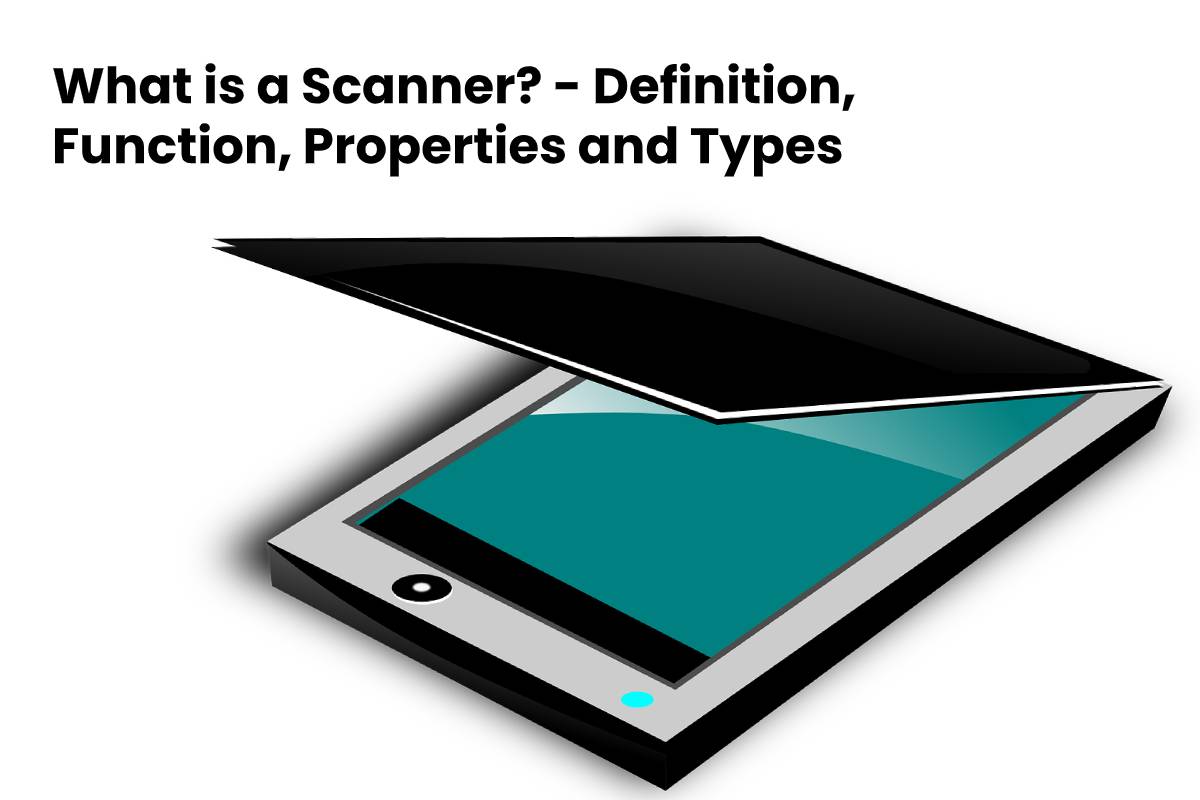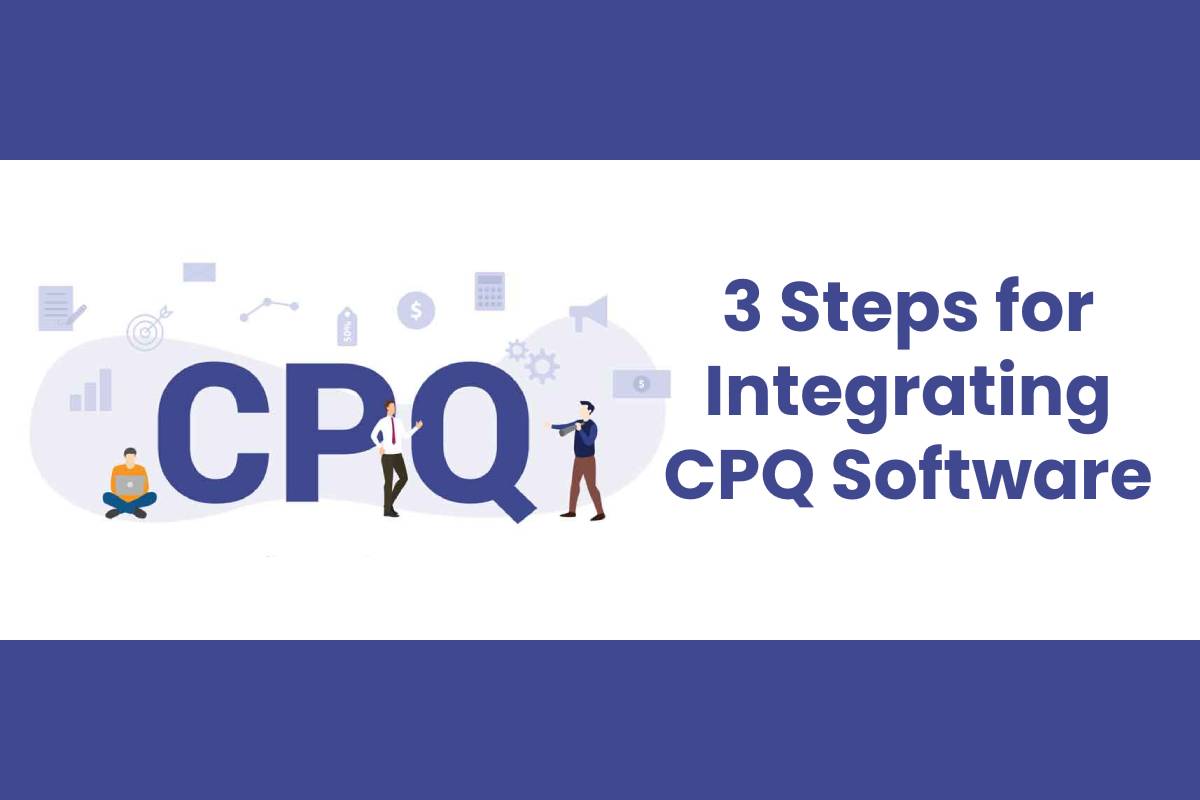

7 Proven Ways MSPs Can Use AI to Unlock New Revenue Streams
The managed services industry is undergoing a major transformation. According to Canalys and Channel Futures, MSP revenue is projected to grow more than 11% in 2024, with over 60% of MSPs ramping up AI deployments in late 2023. Platforms offering AI automation for MSPs are helping providers put this shift into practice, turning AI from a buzzword into a real driver of efficiency and growth.
Yet, there’s a challenge. While more than 90% of MSPs plan to invest in AI, 87% admit they lack experience to implement solutions and meet customer needs effectively. This creates both a risk and an opportunity: those who embrace AI strategically will lead the market; those who delay risk being left behind.
In this guide, we’ll break down seven proven strategies MSPs are using to leverage AI for revenue growth-with practical examples you can apply right now.
Table of Contents
ToggleThe State of AI in Managed Services1. Automated Revenue Opportunity Detection2. Intelligent Ticket Triage and Prioritization3. Proactive Issue Resolution4. Automated Customer Communication5. Enhanced Security Services6. Scalable Service Delivery7. Data-Driven Business IntelligenceReal-World Example: How MSPs Put AI Into ActionGetting Started with AI Revenue GenerationFAQs: AI for MSP Revenue GrowthFinal Takeaway
The State of AI in Managed Services
The numbers paint a compelling picture:
48% of solution providers now offer AI consulting services (The Channel Company).
43% provide AI integration services.
MSPs using AI report:
60% reduction in ticket resolution times
38% boost in profitability potential (Accenture)
95%+ accuracy in automated ticket categorization
30% improvement in customer satisfaction scores
These aren’t theoretical benefits – they’re tangible business results.
1. Automated Revenue Opportunity Detection
AI can automatically identify upselling and cross-selling opportunities by analyzing support tickets, system data, and client history.
Example: If a client’s storage system hits 90% capacity, AI can trigger a professional, tailored recommendation for an SSD upgrade-complete with pricing and performance benefits.
Impact: MSPs using AI for automated opportunity detection report 15-25% increases in hardware and service sales with higher conversion rates, thanks to timely and relevant recommendations.
2. Intelligent Ticket Triage and Prioritization
AI doesn’t just make help desks faster-it makes them smarter. By automatically categorizing and prioritizing tickets, MSPs can ensure their most valuable clients get immediate attention while reducing SLA risks.
Key benefits:
95%+ accurate categorization
Priority assignment based on SLA terms and client value
70% reduction in manual processing
Higher first-time fix rates
Revenue effect: Preventing SLA breaches helps MSPs maintain premium pricing and reduce churn by up to 20%.
3. Proactive Issue Resolution
AI’s predictive analytics help MSPs move from reactive firefighting to proactive prevention.
Applications:
Predict hardware failures before they occur
Flag security vulnerabilities in advance
Monitor performance trends to prevent outages
Optimize patch management automatically
Value: Proactive services command premium pricing, with MSPs charging 20-40% more for predictive maintenance compared to reactive support.
4. Automated Customer Communication
AI can handle repetitive but critical client communications-freeing up technicians while improving client satisfaction.
Communication automation includes:
Real-time ticket updates with technical details
Proactive maintenance notifications
Clear service completion summaries
Upgrade recommendations with business justification
Benefit: Technicians save 2-3 hours daily on messaging tasks, enabling them to focus on 25% more billable work.
5. Enhanced Security Services
With cyberattacks growing in complexity, MSPs can’t afford to ignore AI-driven security offerings.
AI security capabilities:
Anomaly detection at scale
Automated incident response
Predictive threat analysis
Compliance monitoring and reporting
Market opportunity: Managed security services command premium pricing, with AI-enhanced offerings typically priced 30-50% higher than traditional security services.
6. Scalable Service Delivery
AI enables MSPs to scale their operations without proportionally increasing headcount, directly improving profit margins and enabling growth into new market segments. A key enabler here is RMM software for MSPs, which provides the automation and visibility needed to monitor systems at scale and deliver consistent service quality across all clients.
Advantages:
Serve more clients with the same team
Provide 24/7 support capabilities
Standardize service quality across all accounts
Reduce training time for new technicians
Result: MSPs adopting AI-driven automation have reported 40-60% client growth without ballooning costs.
7. Data-Driven Business Intelligence
MSPs already collect mountains of data – AI turns it into insights that drive smarter business decisions and strategic planning.
Intelligence applications:
Client health scoring and churn prediction
Service profitability analysis
Resource allocation recommendations
Identification of market trends
Strategic value: Data-driven insights help MSPs identify their most profitable services and clients, enabling focused growth strategies that can increase overall profitability by 25-35%.
Real-World Example: How MSPs Put AI Into Action
Many MSPs are already deploying AI to boost revenue in practical ways. For instance, workflow automation platforms such as Neo Agent enable MSPs to build custom AI-driven actions-like automatically generating upgrade recommendations from ticket data or sending proactive client communications across email and Teams.
This type of automation doesn’t just save time; it helps MSPs present timely, personalized offers that convert into measurable revenue growth.
Getting Started with AI Revenue Generation
If you’re ready to move from theory to practice, here’s a step-by-step approach:
Assess your current processes: Identify high-impact areas (support tickets, communications, monitoring).
Select the right platform: Choose AI solutions that integrate seamlessly with your tools.
Start small: Pilot a single use case (like ticket triage) to prove value.
Measure results: Track metrics like resolution time, upsell conversions, or SLA compliance.
Scale gradually: Roll out additional use cases once ROI is clear.
Train your team: Ensure staff understand both the tech and how to position it with clients.
FAQs: AI for MSP Revenue Growth
How fast can MSPs see ROI from AI?
Most MSPs begin seeing measurable results within 30-60 days. Early benefits include faster ticket resolution and reduced manual workloads. Revenue growth from upselling and improved retention often becomes clear within 90 days. Full ROI is typically achieved within 6-12 months, with some MSPs reporting 200-400% ROI in the first year when AI is deployed strategically.
Which AI use cases deliver the highest impact?
The most immediate revenue gains usually come from:
Upsell opportunity detection (capturing new sales automatically)
Ticket triage and prioritization (reducing SLA risks and protecting revenue)
Proactive issue resolution (enabling premium pricing)
AI-driven security services (commanding higher margins)
Longer term, data-driven business intelligence also helps MSPs optimize service portfolios and identify their most profitable clients.
How does AI improve client retention and satisfaction?
AI helps MSPs deliver faster response times, proactive support, and more consistent communication-all of which are top drivers of client satisfaction. Studies show MSPs often achieve 20-30% improvements in client satisfaction scores and reduced churn after implementing AI-powered workflows.
Final Takeaway
AI is no longer a “nice to have” for MSPs-it’s a competitive necessity. By automating processes, creating new revenue streams, and enhancing client experience, AI enables MSPs to grow faster and more profitably.
The key isn’t whether to implement AI-it’s how quickly you can put it to work. Those who move first will be the ones defining the next era of managed services.







